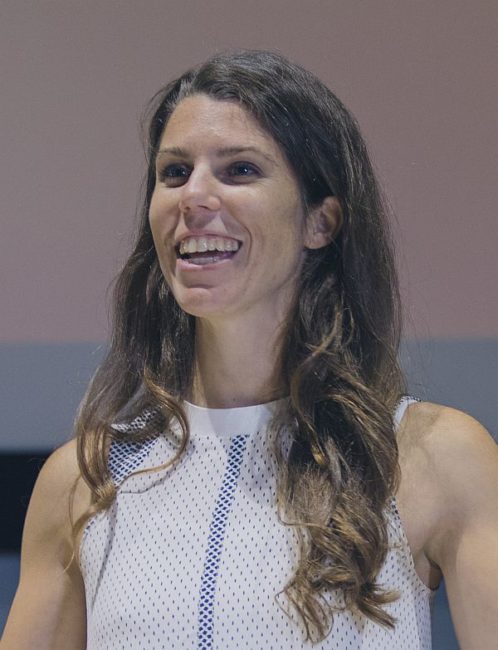There several options in creating an ADD treatment plan. Working with the healthcare provider, you can decide what is best to include in your child’s or your own plan.
Transcription follows this 29 minute video.
Have trouble understanding or hearing?
Click the Subtitles/Closed Caption icon at the bottom right while watching the video.
ADHD Awareness Month 2022
Understanding a Shared Experience
ADHD is a biological disorder in a lot of ways and we have biological treatments like medication that can actually help reduce the way the symptoms are expressing for a person – and that’s through what’s happening in a person’s brain and impacting on the neurochemistry.
There’s another type of treatment which is the behavioral treatments. Those treatments aren’t going to make a direct impact on your brain, per se, but they are going to equip you with strategies. Or, in the case of a child, they’ll equip the parents with strategies that are going to minimize the impact of those symptoms. So a really good example of that is if you’re a forgetful person, you can learn to write things down and while you may not directly reduce your forgetfulness, that forgetfulness won’t have as big of an impact on your life.
So a lot of the treatments – it depends on if you’re getting a medication treatment or behavioral treatment – but they do impact people in different ways depending on the different influences of the ADHD on the person.
Text cards are included at the end of the presentation
The three main ADHD treatment categories are:
Card 1
Behavioral Treatment & Management:
- Parent Training
- Skills Training for Children & Adults
- Educational & Workplace Accommodations
- Systems, Routines, and Organizational Skills
- ADHD Coaching
- Professional Organizers
Card 2
Medication Management:
- Options for stimulant or non-stimulant medications
- May take time to find the “sweet spot” of the lowest effective does
- Made in consultation only with a medical professional
- Well-researched with a long history of use
- Always a personal and parental choice to include in treatment
Card 3
Lifestyle Supports:
Optional interventions, routines, and habits that can be helpful:
Diet & Exercise
Meditation & Mindfulness
Planned Daily Routines
Dietary Supplements
Brain Training Games
Virtual Assistants
This comprehensive approach to treatment is “multimodal.”
About the Speaker

Margaret H. Sibley, PhD is Associate Professor of Psychiatry and Behavioral Sciences at the University of Washington School of Medicine and a Licensed Clinical Psychologist at Seattle Children’s Hospital. Her research is focused on ADHD in adolescence and young adulthood.
